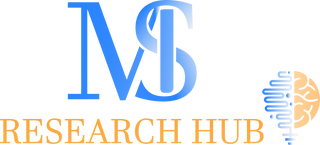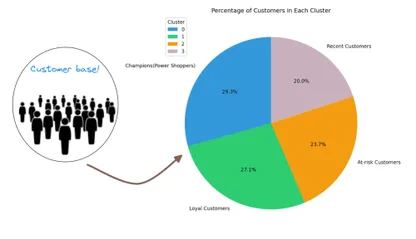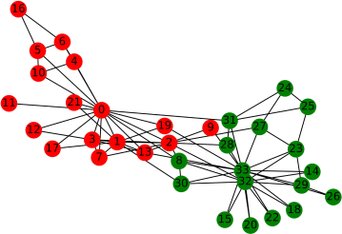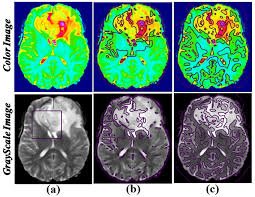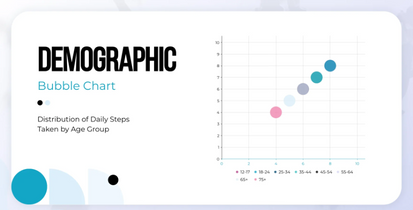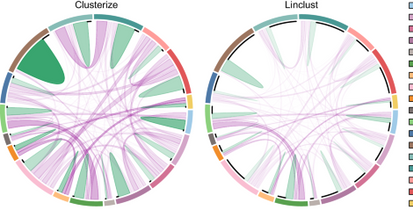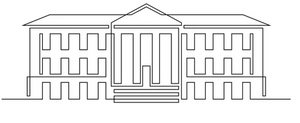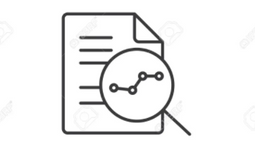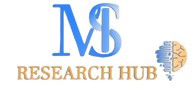Cluster Analysis
Techniques and Applications
New
3-Days Workshop
April 2025
Workshop Description
Heat Map & Text Analysis
Basic Course Offering (Virtual, Group Format):
- Standard fees: 1620 Euros
- Discounted fees (Participants from M&S Research Hub list of developing countries): 840 Euros
- Early-bird discount (1 Month in advance): 20% discount
This 3-day course covers the fundamentals and applications of cluster analysis, providing participants with an understanding of clustering algorithms and their use in real-world datasets. Topics will include hierarchical and partitioning methods, fuzzy clustering, and model-based clustering approaches. The course will also introduce advanced topics such as regularized clustering with L0 penalties and hybrid methods for mixed data (numerical and categorical), with hands-on sessions in MATLAB. Other practical applications will be covered using R.
The "Cluster Analysis: Techniques and Applications" workshop, covering foundational and advanced clustering methods, has a broad range of applications across multiple fields. Here are some of the primary applications and uses for the knowledge gained from such a workshop:
Social Network Analysis
Image Segmentation
Customer Segmentation
Gene sequence clustering
Workshop Content
Day 1: Introduction to Cluster Analysis and Core Techniques
- Overview of Cluster Analysis: Discuss the role of clustering in data analysis, including types of clustering problems and applications across various industries.
- Core Clustering Techniques: Cover foundational methods such as hierarchical clustering (agglomerative and divisive), k-means, and density-based clustering (e.g., DBSCAN). Include practical tips on choosing the appropriate method based on data type and analysis goals.
- Evaluation Metrics: Introduce key metrics for assessing clustering quality, like silhouette scores, within-cluster sum of squares, and external validation indices (e.g., purity, Rand index).
- Case Studies and Hands-On Practice: Present a case study demonstrating basic clustering techniques, then guide participants in applying these methods to real datasets using MATLAB and R.
Day 2: Fuzzy Clustering and K-Prototype Methods
- Fuzzy Clustering: Explain fuzzy clustering, focusing on fuzzy c-means, which allows for overlapping cluster memberships and is useful when data points do not strictly belong to a single cluster.
- K-Prototype Clustering for Mixed Data: Dive into k-prototype clustering, a method designed for mixed data types (numerical and categorical). Discuss how this approach balances different data types in a way that traditional algorithms like k-means cannot.
- Case Studies and Hands-On Practice: Participants work with datasets containing mixed data types and fuzzy clusters. Case studies may include customer profiling where customer data contain both categorical (e.g., preferences) and numerical features (e.g., income).
Day 3: Advanced Topics and Applications to Large Datasets
- Regularization Techniques: Introduce regularization in clustering, such as L0 penalty methods that help manage sparsity and noise in high-dimensional data.
- Time Series Clustering: Cover time series clustering techniques like Dynamic Time Warping (DTW) and how to group sequences with varying lengths or patterns. Discuss applications in finance, healthcare, and IoT data.
- Large-Scale Data Clustering: Discuss clustering challenges with large datasets and introduce techniques such as mini-batch k-means, scalable hierarchical clustering, and clustering in distributed computing environments.
- Case Studies and Hands-On Practice: Participants work on case studies related to time series data (e.g., stock prices or sensor data) and high-dimensional datasets, practicing large-scale clustering approaches.
Meet The
Moderator
M. Forti completed his Bachelor and Master studies in Economics at the University of Rome “La Sapienza,” in Italy, where he also received his Ph.D. in Statistics in 2022. He also worked in several public and private institutions and research centers as SviMez, Agenas (Italian Ministry of Health), CER, KPMG international, Deloitte, etc., leading theoretical and applied research in the fields of statistics, economics, policy evaluation, epidemiology, and data management.
Benefits
- Workshop material, datasets, and software codes will be freely available to participants.
- Earn MSR certified certificate and enhance your career and research skills.
- Learn one of the emerging and widely used approaches for econometrics, data analysis and application-focused techniques
- A free trial version of the used software packages will be provided for participants
Target Participants
Financial Analysts and Economists
Clustering methods are essential for segmenting financial datasets, performing time series analysis, and grouping economic data patterns. Financial professionals will benefit from techniques like time series clustering and large-scale data clustering covered in the workshop.
Academics and Researchers
Researchers in fields like genomics, epidemiology, and medical imaging can gain practical clustering skills for gene expression analysis, patient data segmentation, and medical image processing, making the advanced topics highly relevant.
Data Scientists & Analysts
Professionals in data science who need to apply clustering techniques for customer segmentation, market analysis, anomaly detection, or image processing will find value in this workshop, especially with hands-on practice on real-world datasets.
